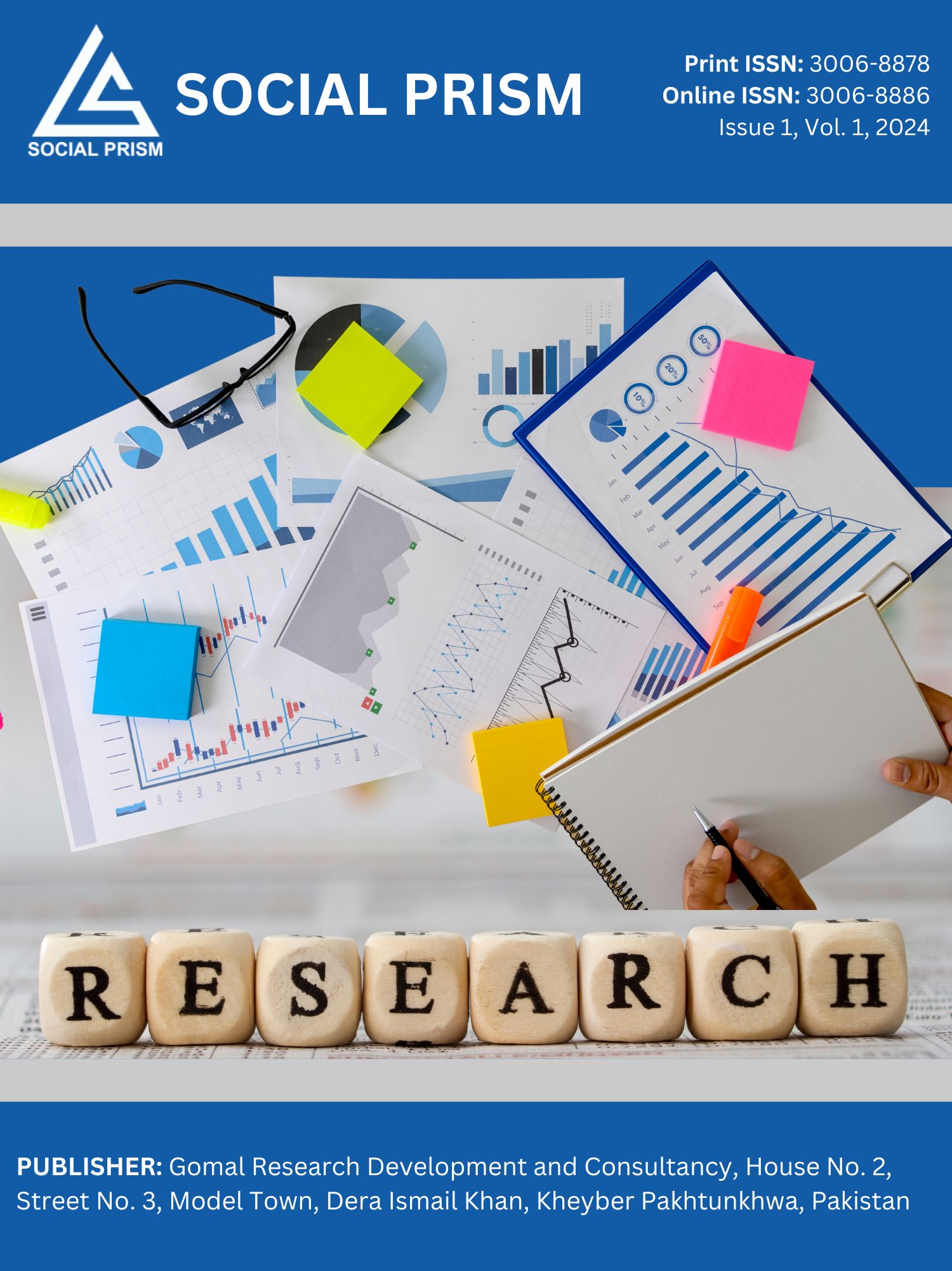Socio-Economic Development in Khyber Pakhtunkhwa: Assessing The 1st Term of Pakistan Tahreek-i-Insaf
DOI:
https://doi.org/10.69671/n1gjb396Keywords:
Socio-Economic Development, Democracy, Khyber Pukhtunkhwa , Governance, PTIAbstract
This research meant to assess the socio-economic development in Khyber Pakhtunkhwa (KP) province after general elections of 2013. Pakistan Tahreek-i-Insaf (PTI) won the elections for the first time and was successful in forming government in the province of Khyber Pakhtunkhwa. According to the PTI chairman Imran Khan, he was all set to govern the country as per his anti-corruption drive and agenda for socioeconomic development of the nation. So, it was about his test that how he run the province and to what extent PTI is able to govern the country. This study is qualitative in nature where the primary data was collected from the archives, official record, statements of the government official and official websites. Secondary data was gathered from research articles, newspapers, and journals. Content analyses was utilized for the gathered data so desirable answers could be offered to the research questions. After careful research and analysis, the researcher reached to the conclusion that PTI has successfully contributed to the socioeconomic development of the Khyber Pakhtunkhwa. The outcomes of the research are also validated by the results of next two general elections where the people of Khyber Pakhtunkhwa voted in majority for PTI and Imran Khan.








